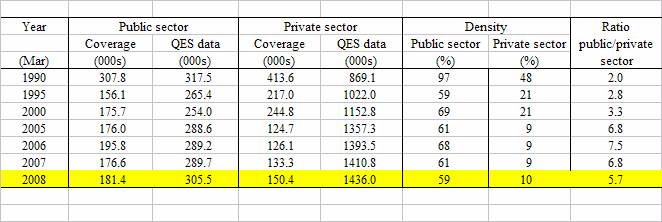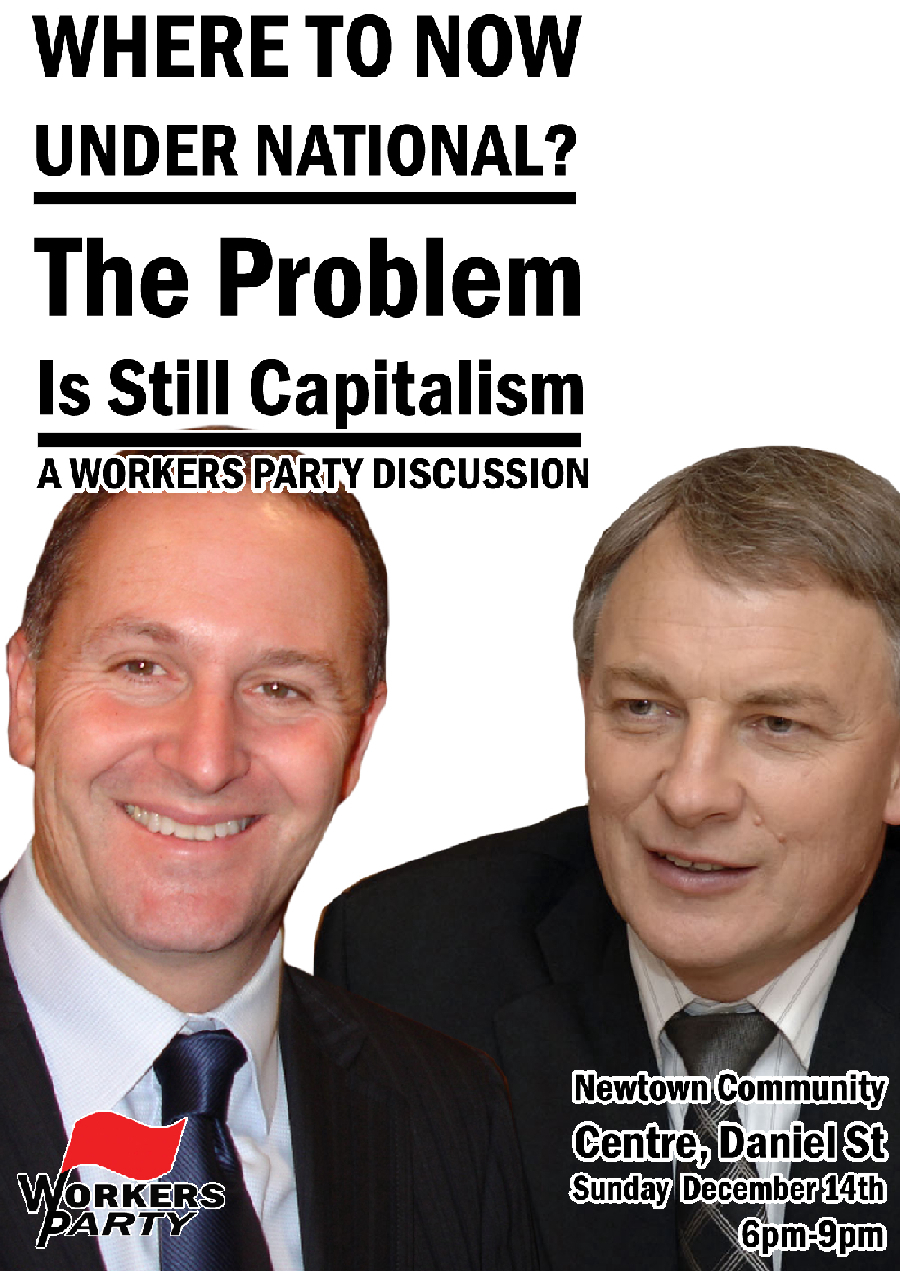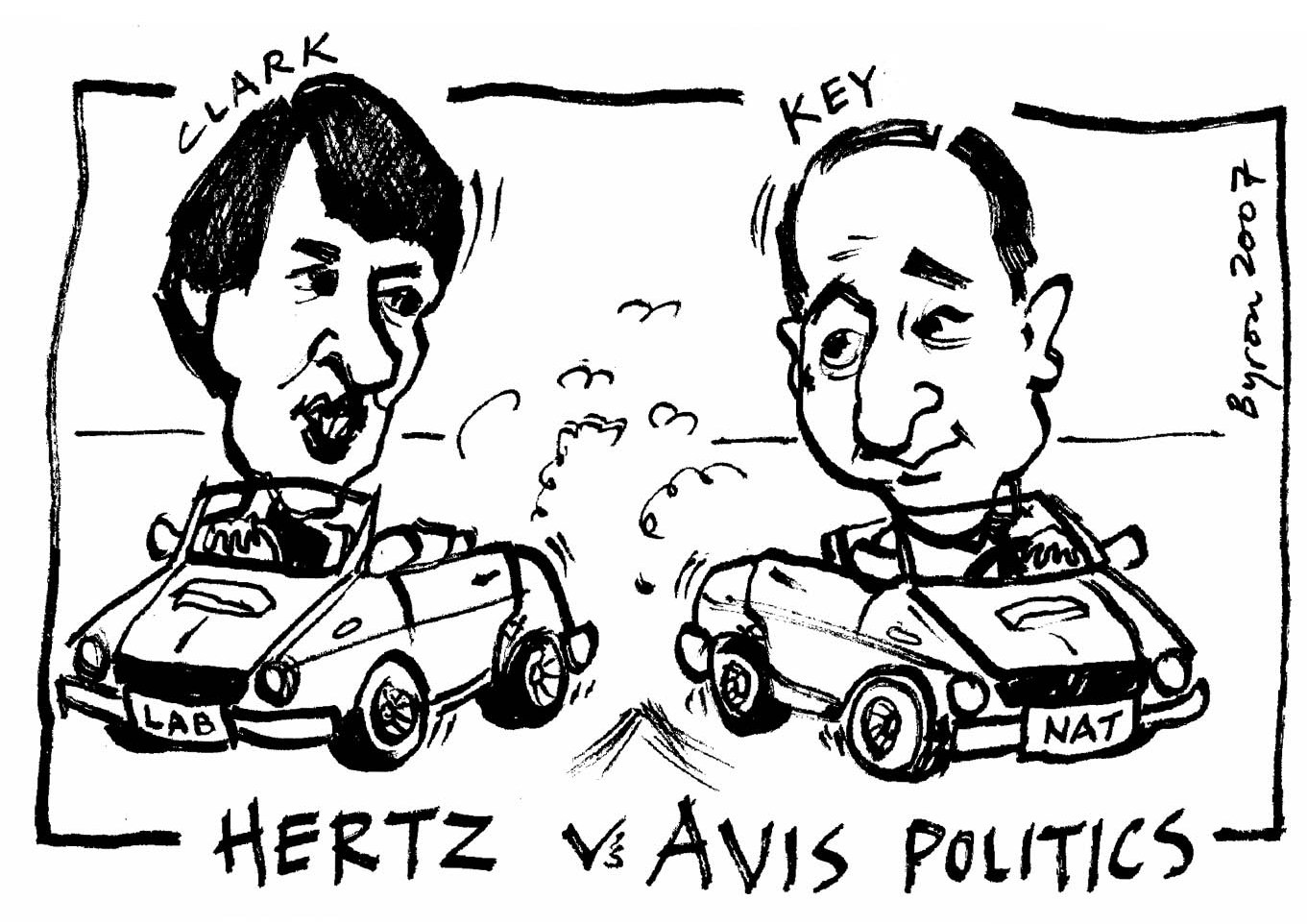– Don Franks
Under the guise of “giving young, inexperienced people or new immigrants a better chance at a job”, National is proposing a new restriction on workers.
“We will introduce a 90-day trial period for new staff, by agreement between the employer and employee, in businesses with fewer than 20 people,” National party leader John Key announced in a 24 July press release.
During this 90-day trial period, either party may terminate the employment relationship for performance without a personal grievance claim being brought.
National’s proposal should be rejected by all workers and fair-minded people.
The personal grievance procedure is no fail-safe protection against unfair dismissal, but it does provide a narrow avenue for workers to contest injustice. National’s election promise to deny new staff access to their day in court would move the bar even further in the employer’s favour.
National’s industrial proposals have been roundly condemned by trade unionists. NZ Council of Trade Unions president Helen Kelly says: “Cuts in workers’ rights and entitlements and privatisation are all this party has to offer to date.”
She says National’s industrial policy “really will clarify for workers and their families which parties have their interests at stake”, concluding that “instead of supporting the current approach balancing employer and employee interests, [National] is trying to drag us backwards”.
Helen Kelly is quite right to condemn National’s anti-worker 90-day trial. But she ignores the fact that National promises to retain significant current labour laws which she supports, and will:
*continue to allow union access to workplaces with an employer’s consent, which cannot be unreasonably withheld
*continue to support the social partnership with Business NZ and the CTU to work together on issues of mutual interest
*retain the Mediation Service.
Continue reading “How to stop National’s threat”




